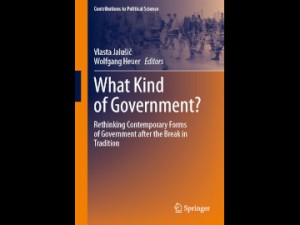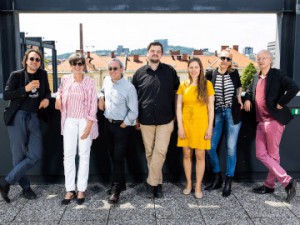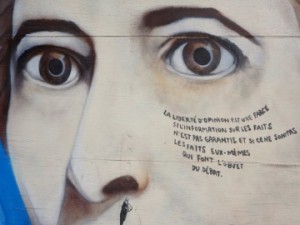Slovenia: ‘The government has taken advantage of the pandemic to restrict protest’
3. 3. 2021 | Cultural policy, Human Rights and Minorities, Media, Politics

CIVICUS speaks about the recent right-wing shift in Slovenia with Brankica Petković, a researcher and project manager at the Peace Institute in Ljubljana. Brankica Petković explains in the interview what were the circumstances that led to the change of government in early 2020, what are the implications of this political change for civil society and what is civil society doing in the face of these attacks.
Extracts from the interview:
The SDS used to be a right-wing party but is increasingly considered, especially by external, European observers, to be a far-right party. We have not yet accommodated to this shift, because we’ve historically identified it as a right-wing party, but they have indeed gradually moved further to the right, becoming more radical, over the past years, possibly in reaction to Janša being in prison. The values they advocate are strongly against migrants’ rights and promote racist ideology, and the methods they use increasingly place them on the far right of the political spectrum.
*
I would say polarisation is the modus operandi of Janša and the SDS. Polarising the electorate is how they obtain support. Janša is a defence expert by training, and he has occupied the position of Minister of Defence on various occasions. He is now running the party and the country as if we were in a war.
Fortunately, I have the impression that his polarising discourse won’t get him too far. For the time being, it only appeals to his core supporters, so he has not made much progress beyond those who were already quite radicalised.
However, given the fragmentation of our party landscape on the centre-left of the political spectrum, polls are still giving him the biggest share of the vote – nothing close to a majority, but bigger than any other party individually considered. On top of this there is the pandemic, which is putting more and more people in a difficult situation, jobless and scared, which could provide fertile ground for radicalisation. At some point people may want to have someone to blame, and hate discourse may start making some sense to them.




